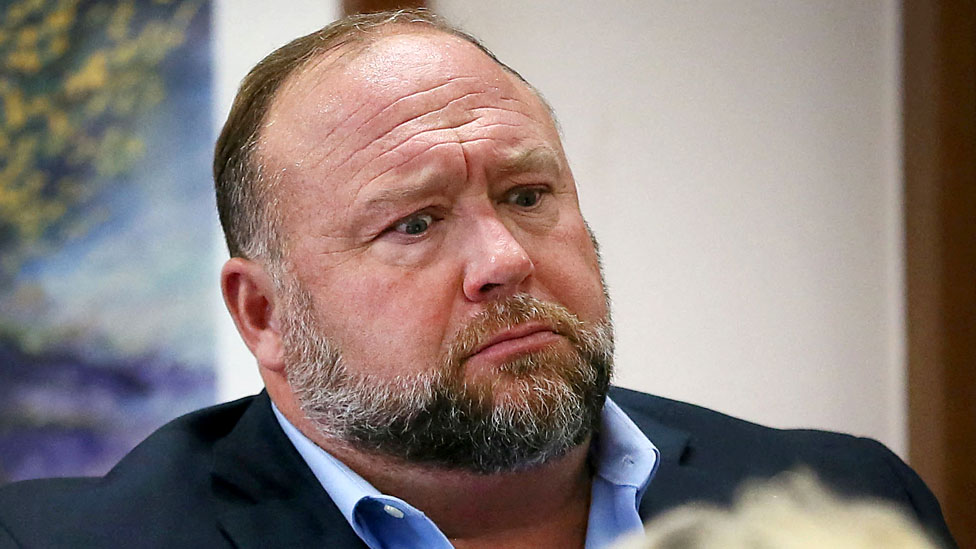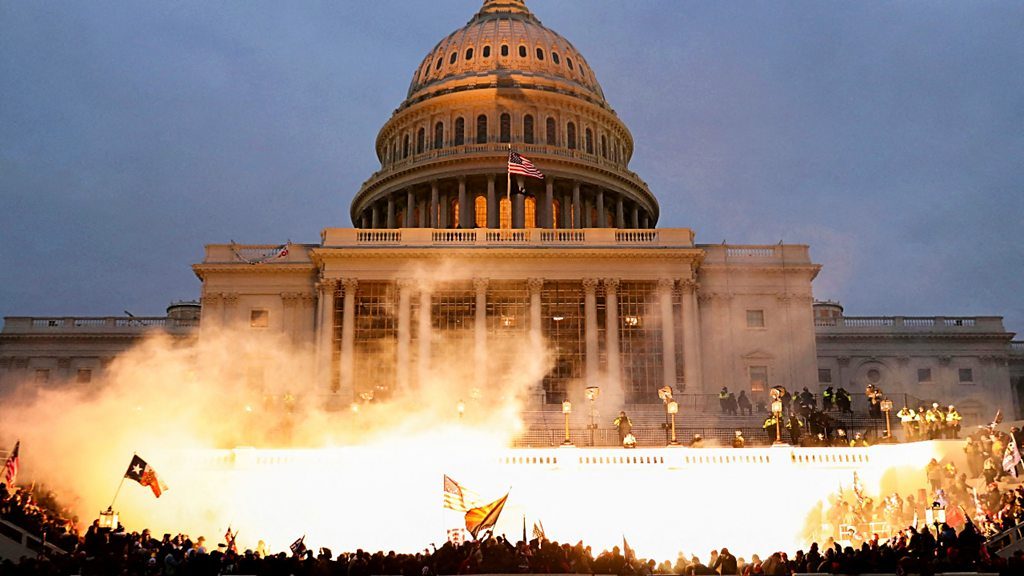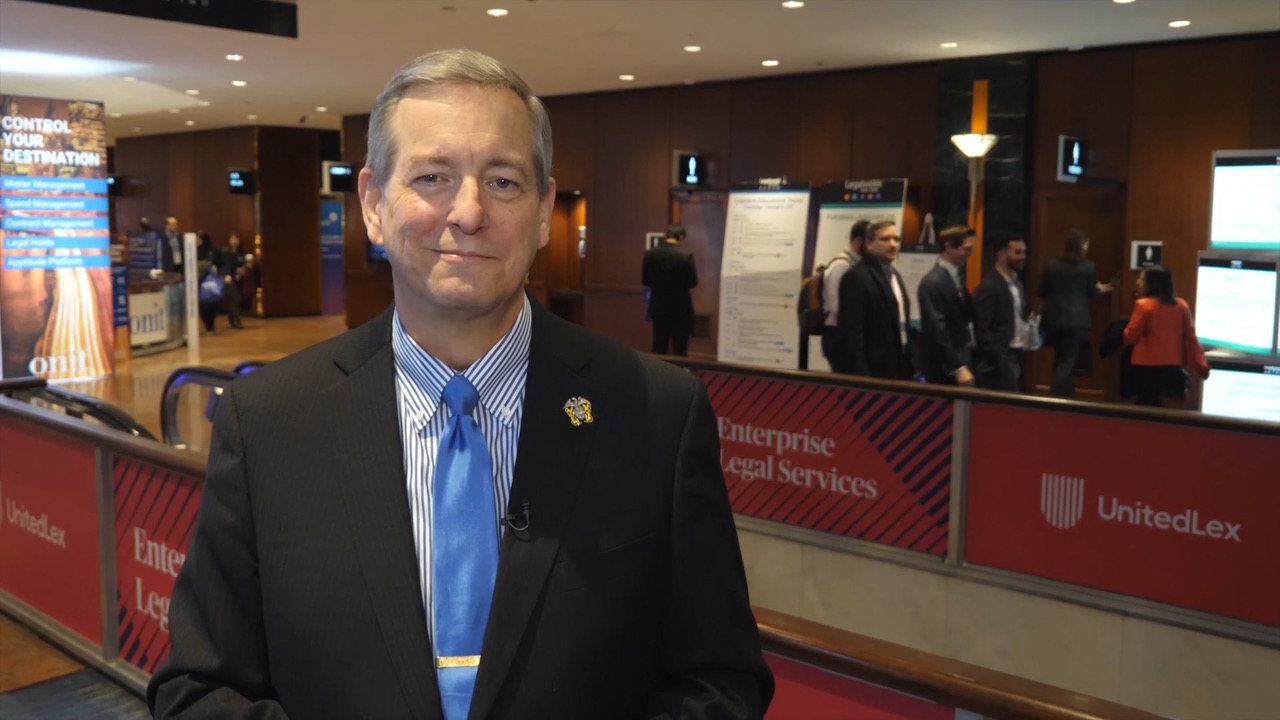“All of our exalted technological progress, civilization for that matter, is comparable to an ax in the hand of a pathological criminal”
– Albert Einstein, 1917


6 August 2022 (Chania, Crete) — There is nothing worse than to be on holiday … and semi-retired anyway … and your colleagues call with a plea “apologies, but can you help us with something?”
When I am off-the-grid I turn the world off, shoving my smartphone in the drawer. I get by with my Nokia 3310, which allows real-time text conversations, with either one other person or lots of people, and lets you include pics and smilies in your text messages. It works fine given I only need to be in touch with family across Europe plus my resident She-Who-Must-Be-Obeyed and her daily “to do” list.
Oh, yes. On Thursday I did participate in a webinar on the U.S. government coverup: the U.S. Secret Service mobile phone wipe and the Pentagon mobile phone wipe. My CTO, Eric De Grasse, did a nice summary which you can read here. As he notes, almost nothing about the Secret Service episode makes sense. This sort of “migration” is always handled at the administrator level. And migrating without the capacity to roll back is simply unheard-of these days.
NOTE: there is a whole metadata side to this – who texted whom and when – with a lot of info coming in that numerous agents sent messages to people in other agencies (and to people outside government altogether). But that aspect is developing so we decided to hold off. We’ll follow up.
So bottom line: an obvious “cover-our-ass” and coverup. Let’s not beat around the bush.
Meanwhile, we have Alex Jones and his defamation trial over Sandy Hook. A Texas jury has decided to penalize him with a $45+ million punitive damage award. Lawyers for the parents of the Sandy Hook shooting victim pleaded with jurors to “deter Alex Jones from ever doing this awfulness again” and “to deter others who may want to step into his shoes”.
Deter others? With monetary fines? Bullshit. You really want “to deter others”? Then do what countries like Japan do – make such actions as perpetrated by Jones punishable with prison time. For God sakes, people: you jailed Bernie Madoff and Jeffrey Skilling for far less than what Alex Jones did. Ah, “justice”.
And … alas … the Alex Jones saga is far, far from over. Much has been written about the news that Jones’ counsel inadvertently produced privileged mobile text messages and failed to seek their return in time to prevent waiver of privilege. The “inadvertently” produced messages reveal that Jones is … “a discovery-obstructing, lying scumbag”.
That trenchant analysis comes from Craig Ball – trial lawyer, computer forensic examiner, law professor, and noted authority on electronic evidence, and the pen behind the award-winning “Ball in Your Court” column on electronic discovery. He is one of the most respected brainiacs in the industry.
But Craig goes further. Quoting a few bits from his latest blog post:
“Since defense counsel Andino Reynal clearly didn’t expect the text messages to emerge at trial, it remains a conundrum why defense counsel failed to object when they came up and were then shown to the jury …
… and why on Earth plaintiffs’ counsel Mark Bankston thought he could broach allegations of discovery misconduct in front of a Texas jury?!?
This point hasn’t come up in any reporting I’ve seen but the Texas Supreme Court takes a dim view of litigants airing the dirty linen of discovery abuse to jury panels. Texas’ approach is in marked contrast to Federal practice where judges let juries hear questions of spoliation. In Texas, as a matter of law, the trial judge determines whether spoliation has occurred and what sanctions to impose. Evidence of spoliating conduct is inadmissible in Texas.
There’s been a lot of digital ink devoted to lambasting defense counsel for his mistakes, but in his fervent (and understandable) eagerness to tag Alex Jones, it remains to be seen if Plaintiffs’ counsel overstepped and the whole damages phase must be retried”.
It is a masterful piece and needs a full read which you can do by clicking here. There is also a link to his previous post about the Alex Jones trial. And much more about Craig further below.
You would expect that an event like the upcoming ILTACON 2022 – allegedly “the premier educational and networking event for the legal sector” – would have the Alex Jones case and the U.S. government coverup upfront on its agenda. But it is a technology conference/trade show, not a legal/political conference. It’s merely part of the corporate legal industrial complex. As one star in the eDiscovery ecosystem told me:
“Look, ILTA and Legalweek are only about business and making money. I mean ILTACON is more like a carnivaI. People are wondering what costume to wear because each year is some ridiculous cartoon/costume theme! What other tech event does that? ITACON is not a serious tech event. But we in legal tech are in ‘The Matrix’, tone deaf and absent about the real world. Most of us are just part of the corporate legal industrial complex, pretty far removed from the American justice system. Oh, we do care. Many of us Tweet stuff to make a contribution. But that’s it”.
I get that. When the Trump Mafia seized control of the country for 4 years and painstaking emasculated the U.S. justice system, that was the time for action, for substantive panel discussions. But, my God man – in 2020 Legalweek had Rod Rosenstein as a keynote speaker.
Legalweek even had a chance this year after the Ukraine War started. There were vendors there who could have explained how eDiscovery has been used to prove the atrocities and bring criminals to justice. Plus vendors who excel at Open Source Intelligence (OSINT) and make it an integral part of their eDiscovery/forensics process. But this year … nothing.
Other technology events, very much on key.
I look at the Mobile World Congress (MWC) as guidance. This year the GSMA, the organizers of the MWC, opened the conference with a strong condemnation of the Russian invasion of Ukraine. They noted:
“In light of the emerging situation and considering the tragic loss of life, MWC seems immaterial under the circumstances. But MWC is a unifying event with a vision to convene the mobile ecosystem to progress ways and means that connectivity can ensure people, industry, and society thrive”.
Many vendors quickly added new programs to their agendas to show off their OSINT capabilities. The GSMA even eliminated the Russian Pavilion (almost every country has its own pavilion showing off its mobile telecom wares) and it also eliminated numerous Russian companies presenting outside that pavilion.
Or when the mega Solarwinds cyberattack hit in 2019, the MWC and the Digital Investigations Conference changed their agendas (both had events within 1 month of the attack) and organised panel discussions to address Solarwinds, as did the International Cybersecurity Forum and RSA.
Or even as far back as 2013 and the Edward Snowden revelations. The International Cybersecurity Forum and RDA rejiggered their already-in-place agendas to cover the Snowden revelations in depth.
But to be fair, legal technology organizers are not a fluid, agile group. And these are after all trade shows. Selling wares. As my eDiscovery friend noted above “just part of the corporate legal industrial complex, pretty far removed from real life”.
Sad.
* * * * * * * * * * * * * * * * * * * * *
Craig Ball
Most of what I learned about computer and digital forensics came from an intensive course offered by Stroz Friedberg. But I did not begin to understand forensics until I started to read Craig Ball.
And it was not just what I read … deep reads with easy-to-follow-logic, brilliant explanation of concepts with which not everybody is familiar … but because we are of the same mind, write about the same things. We stand at the inception of a very unique revolution. We have moved from millenniums of information exchange that were executed on physical access to a medium on which data had to be copied, to an era of ubiquitous, instantaneous, frictionless flow of all information at once.
This has had a profound, irreversible and sometimes destabilizing effect on lawyers, which is much discussed at a legal technology event held every year in New York City, where we captured the video interview below. Because Craig … a lawyer and leading light in the legal ecosystem … takes the long, holistic approach to technology. As he has noted :
The thing about technology is our perceived scale of space and time: it is collapsing more rapidly than the pace at which society and industries can adapt. And I do not mean just in the legal arena, of course. Just read the headlines. There is a massive source of system and social stress, dominated by negativity such as fake news and data abuses. Although one hopes for some promise on the horizon, perhaps a new dynamic in the political landscape. We’ll see.
Craig’s interview knocked the socks off my video crew, as well as many attendees at Legalweek who had a chance to listen to and watch the interview in progress. We spent 45 minutes with Craig and he really “tells it like it is” on the current state of discovery, forensics and the state of the legal industry.
And how do you edit 45 minutes when every minute is illuminating? So what we decided to do is to edit the clips and show themes, Craig at his very best. He tells us … in his now well-known and amusing way … how he got involved in law and technology (“to keep from going to jail”), how he started building and programming computers (“it snowballed!”), his passion to share his knowledge of technology by “speaking lawyer”, and how each of us is so “instrumented, much like the astronauts of the past”.
When we edit videos we like to insert text and graphics throughout to highlight the interviewee’s points, and to break up the visual so it does not become tiring. But for this video we think the interviewee does such a bang up job just laying it all out (being so animated in telling the story) that we dropped inserts. The interview is composed of 5 segments:
1. In the opening segment, Craig tells us how he started in the law and computer technology and how that led to teaching roles as well as becoming a certified computer forensic examiner and electronic evidence expert.
2. In this next clip, Craig tells us how forensics (and the law) is changing by first taking us in a short trip in the “Waaaay Back Machine” to give us a little perspective. And his thoughts on how proper forensics discovery should be handled today. Especially in dealing with “the cloud”.
3. That year, Craig launched Legalweek with one of his brilliant “Fireside chats”, what is becoming a tradition at Legalweek. This year it was a chat with Bob Woodward, the legendary American investigative journalist best known for his work with Carl Bernstein in doing much of the original news reporting on the Watergate scandal that led to the eventual resignation of President Richard Nixon. In this segment, Craig talks about the thrill and satisfaction of doing these chats.
4. Craig publishes a wealth of information. In this segment he reviews where to find his material.
5. We end with Craig’s biggest beef. That the legal technology market, especially for e-discovery, misses 80% of the litigation that drives American justice today. His thoughts, as always, illuminate.
We hope you enjoy the chat:
